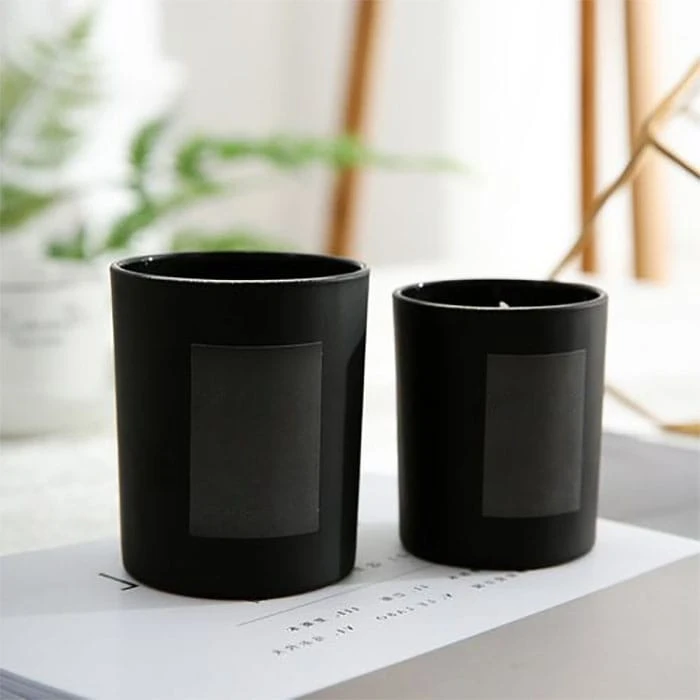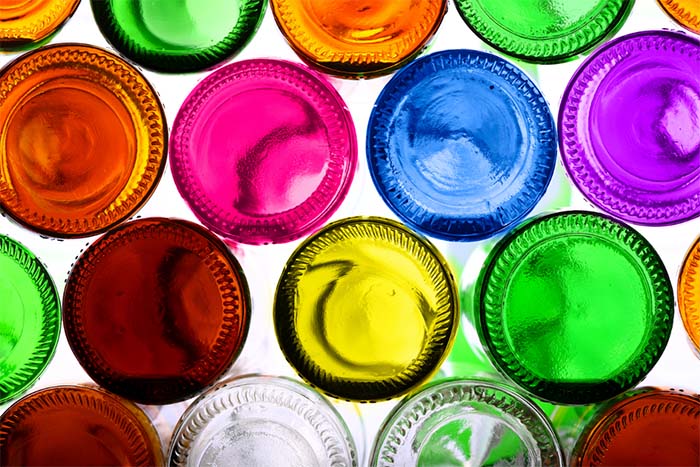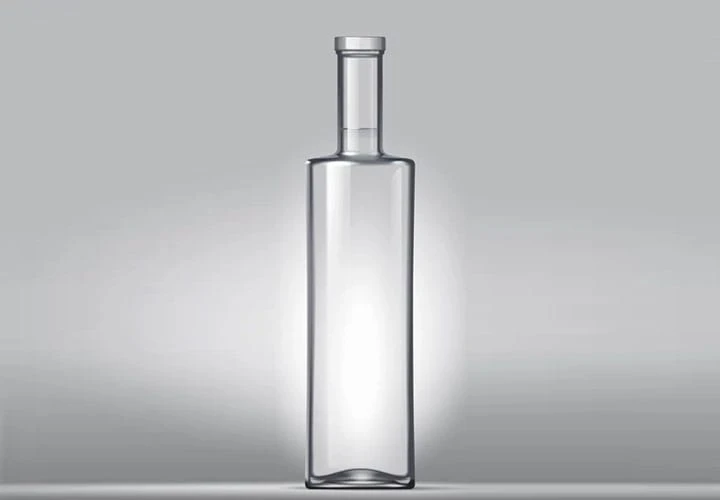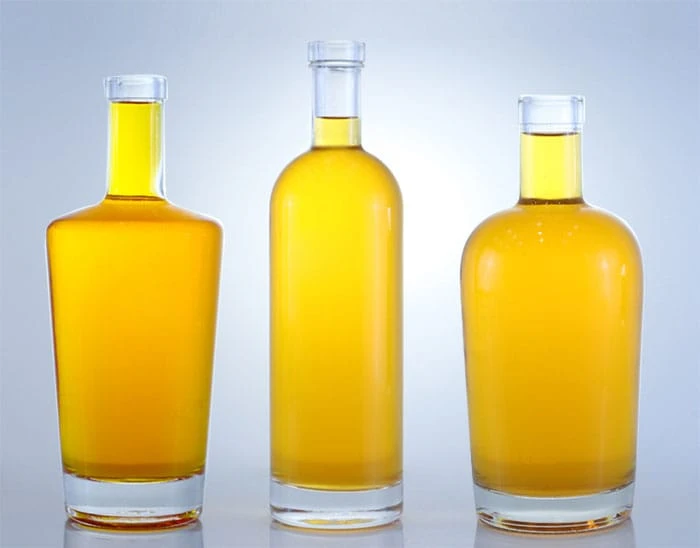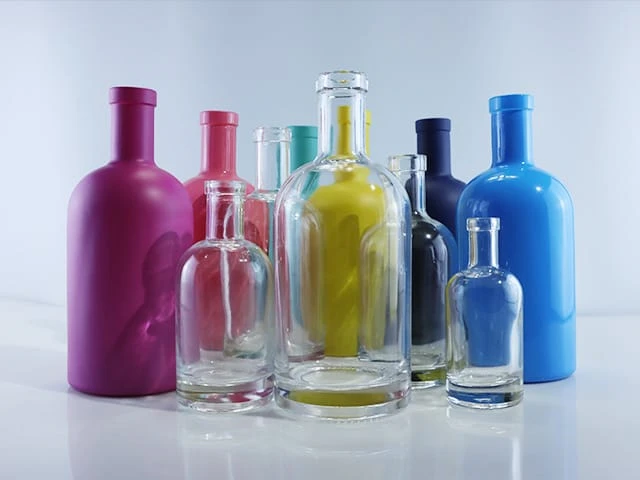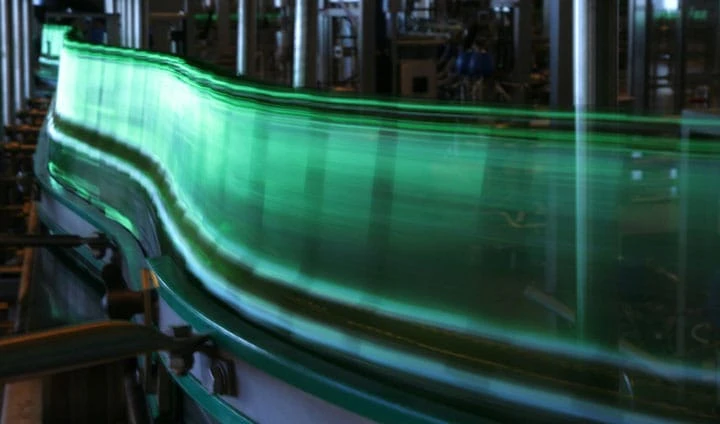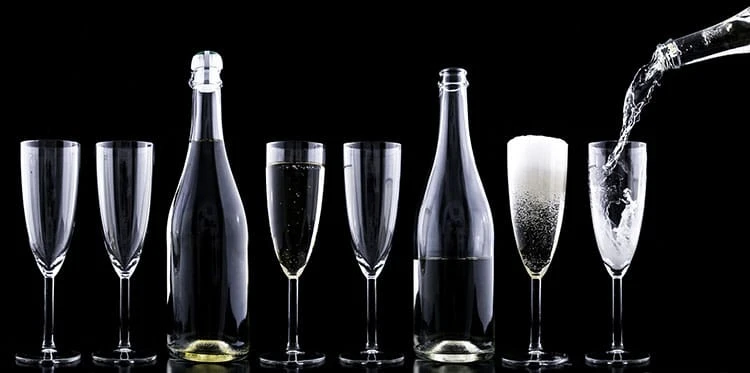When it comes to glass bottles, you might wonder, how much does a glass bottle weigh? This seemingly simple question encompasses a variety of factors that can significantly influence the weight of the bottle. In this article, we’ll explore the key elements affecting glass bottle weight, and provide insights into the manufacturing processes at Valiant Glass.
Factors Influencing the Weight of Glass Bottles
1. Size and Shape
One of the primary determinants of a glass bottle’s weight is its size and shape. Generally, larger bottles weigh more due to their increased volume. For instance, a 1-liter bottle will typically be heavier than a 250ml bottle. Additionally, the shape plays a crucial role; cylindrical bottles often have a greater surface area, resulting in increased weight compared to other shapes like square or rectangular bottles.
2. Thickness of the Glass
The thickness of the glass is another important factor. Thicker glass bottles, while more durable, weigh significantly more because they require more material during the manufacturing process. However, there’s a delicate balance to maintain—bottles that are too thin can compromise strength and durability. Thus, manufacturers must carefully consider the thickness to ensure both functionality and aesthetic appeal.
3. Type of Glass Used
Different types of glass contribute differently to the overall weight of the bottle. Common glass types include:
- Ordinary Glass: Generally lighter and less expensive.
- Tempered Glass: Heavier due to its additional strength and heat resistance.
- Ceramic Glass: Often lighter but less common for bottles.
Each type of glass has unique properties that affect weight, so it’s essential to choose the right material based on your product requirements.
4. Additional Components and Accessories
The weight of a glass bottle can also increase with the addition of decorative elements or closures. For example, if a bottle features a decorative label, metal trims, or a unique closure such as a cork or screw cap, these elements contribute to the overall weight.
Moreover, bottles designed for premium products might include additional materials like metal foils or layers of protective coatings, which further add to the weight.
Conclusion
In summary, the weight of a glass bottle is influenced by several factors, including its size, shape, thickness, and the type of glass used. Additional components and decorations can also contribute to the total weight. Understanding these factors is crucial for manufacturers and consumers alike, especially when designing or selecting the right bottle for specific needs.
At Valiant Glass, we specialize in producing a wide variety of glass bottles, including Spirits Bottles, Whiskey Bottles, Vodka Bottles, Rum Bottles, and more. If you have any questions or need assistance in selecting the perfect glass bottle for your product, feel free to contact us.
We hope this article enhances your understanding of glass bottle weights. For more detailed inquiries or customized solutions, explore our website or get in touch with our team.
If you’re looking for more knowledge of glass bottles, check out the following articles:
– Top 4 Drinking Glass Manufacturers in the U.S
– Top 10 Glass Bottle Manufacturing Companies in India(Latest Updates)
– Top 10 Glass Bottle Manufacturers In The USA
– Why Choose Apple Juice in Small Glass Bottles? A Flavorful Experience
Consult Your Valiant Glass Bottles & Packaging Experts
We help you avoid the pitfalls to deliver the quality and value your glass bottle and jar need, on-time and on-budget.






